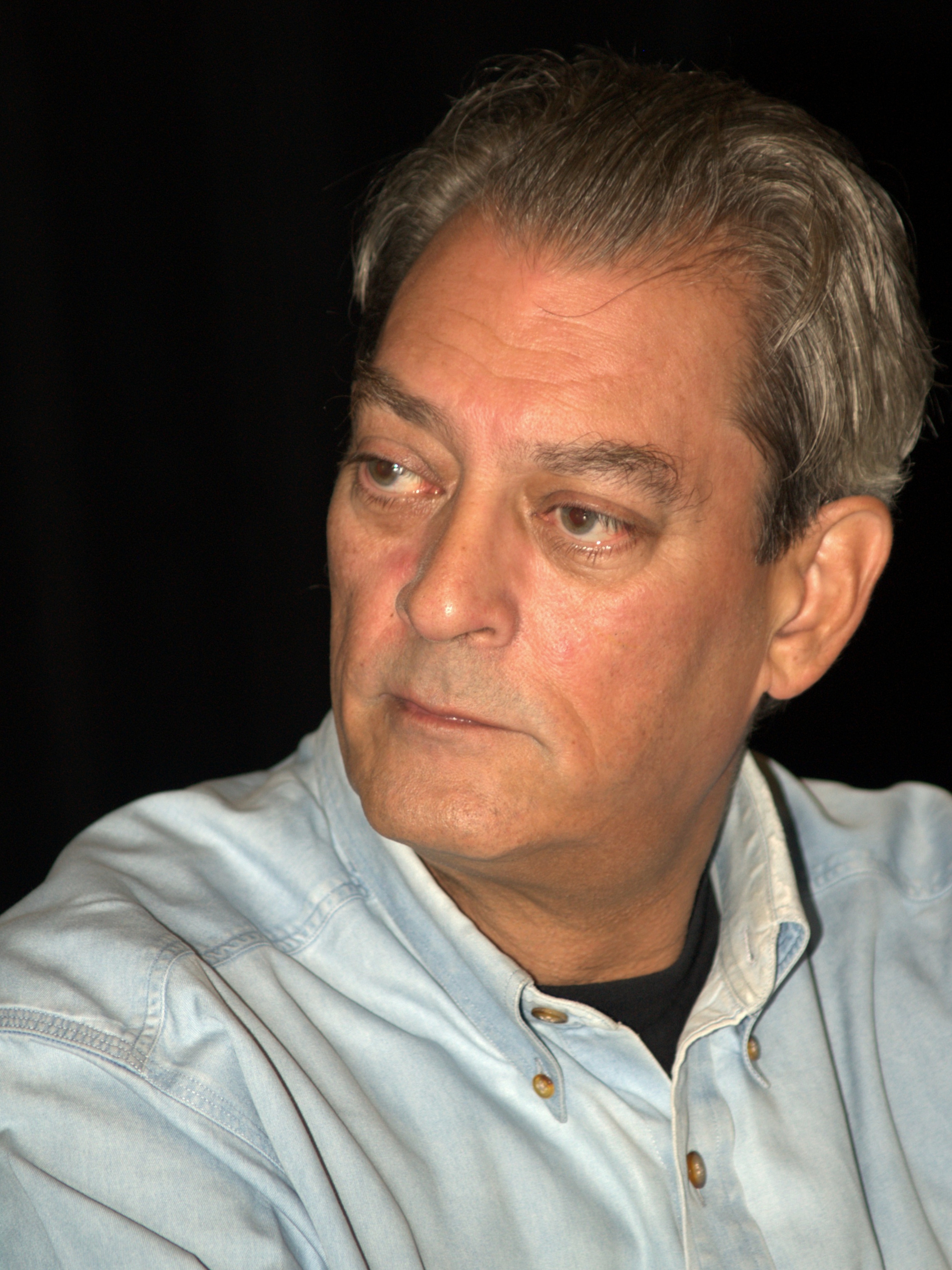You see, the interesting thing about books, as opposed, say, to films, is that it's always just one person encountering the book, it's not an audience, it's one to one.

"Paul Benjamin Auster" is an American author and director whose writing blends absurdism, existentialism, crime fiction, and the search for identity and personal meaning in works such as The New York Trilogy (1987), Moon Palace (1989), The Music of Chance (1990), The Book of Illusions (2002), and Brooklyn Follies/The Brooklyn Follies (2005). His books are translated to more than forty languages.
If you enjoy these quotes, be sure to check out other famous writers! More Paul Auster on Wikipedia.It's extremely difficult to get these jobs because you can't get a job on a ship unless you have seaman's paper's, and you can't get seaman's papers unless you have a job on a ship. There had to be a way to break through the circle, and he was the one who arranged it for me.
In the mid-70s I wrote some plays, also, but it wasn't until the very late '70s when I ran into a real crisis on every level, personal, artistic, and I was absolutely broke, I'd run out of money and... hope, I guess, and I stopped writing altogether for awhile.
And that's why books are never going to die. It's impossible. It's the only time we really go into the mind of a stranger, and we find our common humanity doing this. So the book doesn't only belong to the writer, it belongs to the reader as well, and then together you make it what it is.
It was a wrong number that started it, the telephone ringing three times in the dead of night, and the voice on the other end asking for someone he was not.
I was always interested in French poetry sort of as a sideline to my own work, I was translating contemporary French poets. That kind of spilled out into translation as a way to earn money, pay for food and put bread on the table.
I took a job with the U.S. Census Bureau. In The Locked Room, the third volume of the New York Trilogy, there's a sequence where the narrator talks about working for the census, and I took this straight from life. As in the book, I wound up inventing people. Kind of curious.
I guess I wanted to leave America for awhile. It wasn't that I wanted to become an expatriate, or just never come back, I needed some breathing room. I'd already been translating French poetry, I'd been to Paris once before and liked it very much, and so I just went.
The funny thing is, as a young person I was trying to write prose, and I wrote a lot of it, but I was never satisfied with the results. Two of the novels I wound up finishing and publishing later I started very early on, in my early 20's, In The Country Of Last Things and Moon Palace. Both of those books I worked a great deal on but never quite got a grip on either one.
Copyright © 2024 Electric Goat Media. All Rights Reserved.